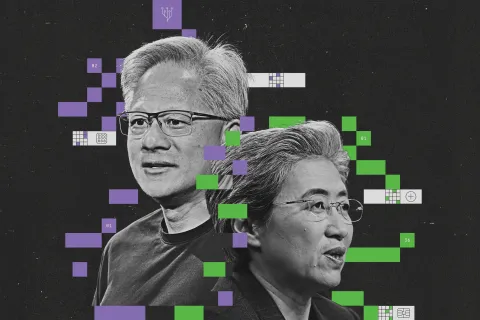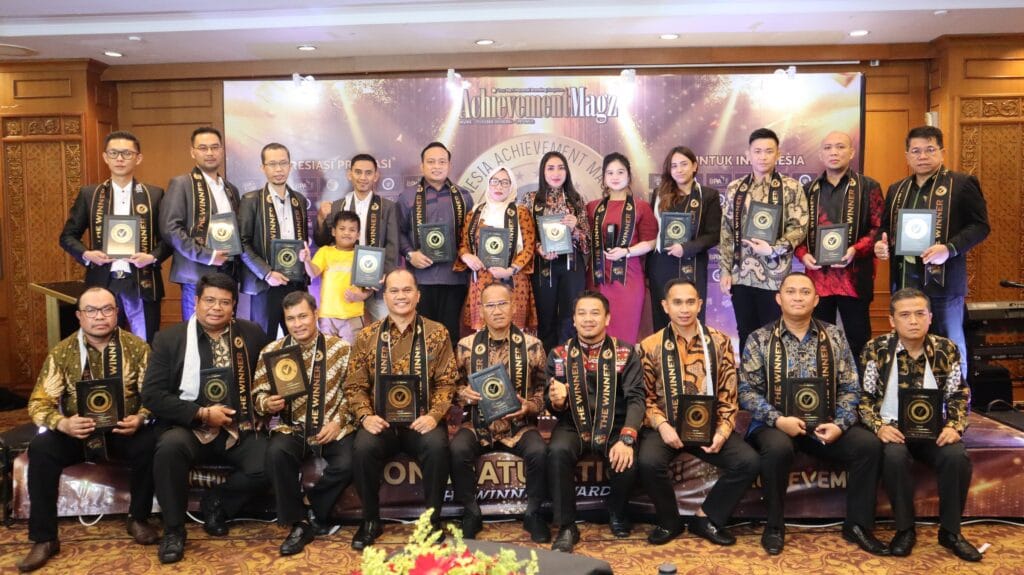Singapore – In an era where power is defined by competition, the world’s largest companies are locked in rivalries that will determine not only their own futures but the trajectory of entire industries. Across artificial intelligence, electric vehicles, finance, and energy, five battles stand out in 2025 as indicators of where global business is heading.
AI Chips: Nvidia vs. AMD
Jensen Huang has led Nvidia to dominate more than 90% of the global AI chip market, positioning the company as the world’s most valuable. Yet AMD, under the leadership of Lisa Su, is increasingly seen as a viable alternative. With tech giants like Microsoft and Meta seeking diversification, AMD has secured key partnerships, challenging Nvidia’s dominance. Startups such as Groq, Cerebras, and SambaNova add to the pressure, though they remain early challengers in this fast-evolving sector.
Electric Vehicles: Tesla vs. BYD
Elon Musk transformed Tesla into a household name, but recent declines in deliveries and controversies around its self-driving system have tested investor confidence. Across the Pacific, Wang Chuanfu’s BYD is rapidly expanding its global footprint with affordable models, advanced charging systems, and leadership in battery innovation. The rivalry has escalated into a broader contest between U.S. and Chinese EV leadership, with implications for global supply chains and industrial policy.
Artificial Intelligence: OpenAI vs. Meta
Sam Altman’s OpenAI has become a dominant force with ChatGPT reaching hundreds of millions of weekly users and revenues climbing despite ongoing losses. Mark Zuckerberg’s Meta, however, is leveraging vast resources and talent acquisition to challenge OpenAI directly. Their competition extends beyond products—it is about shaping the future of how people interact with technology, from office productivity to internet search. Google DeepMind and Anthropic add further dimensions, ensuring this rivalry remains central to the AI race.
Finance: JPMorgan vs. Apollo
Jamie Dimon’s JPMorgan Chase continues to represent the bedrock of traditional banking, achieving record profits and expanding into private credit. Marc Rowan’s Apollo Global Management, meanwhile, has pioneered private credit as an alternative to bank lending, now a $2 trillion market. Their rivalry highlights a structural transformation in global finance, where private equity is increasingly challenging the dominance of established banks.
Energy: Exxon Mobil vs. Chevron
Energy giants Exxon Mobil and Chevron remain locked in a historic battle. Darren Woods has steered Exxon back to the top with disciplined investment, acquisitions, and lucrative discoveries in Guyana. Mike Wirth’s Chevron, a formidable competitor, continues to match Exxon in shale and lithium ventures. Their contest illustrates the strategic crossroads for global energy: balancing fossil fuels with emerging low-carbon alternatives, while European rivals struggle with renewable pivots.
These rivalries demonstrate that the future of business is not built on monopoly, but on relentless competition. The outcomes will reshape industries, economies, and the balance of power between regions. As innovation accelerates and global markets shift, the world’s most powerful companies must adapt—or risk being overtaken by rivals, both old and new.








